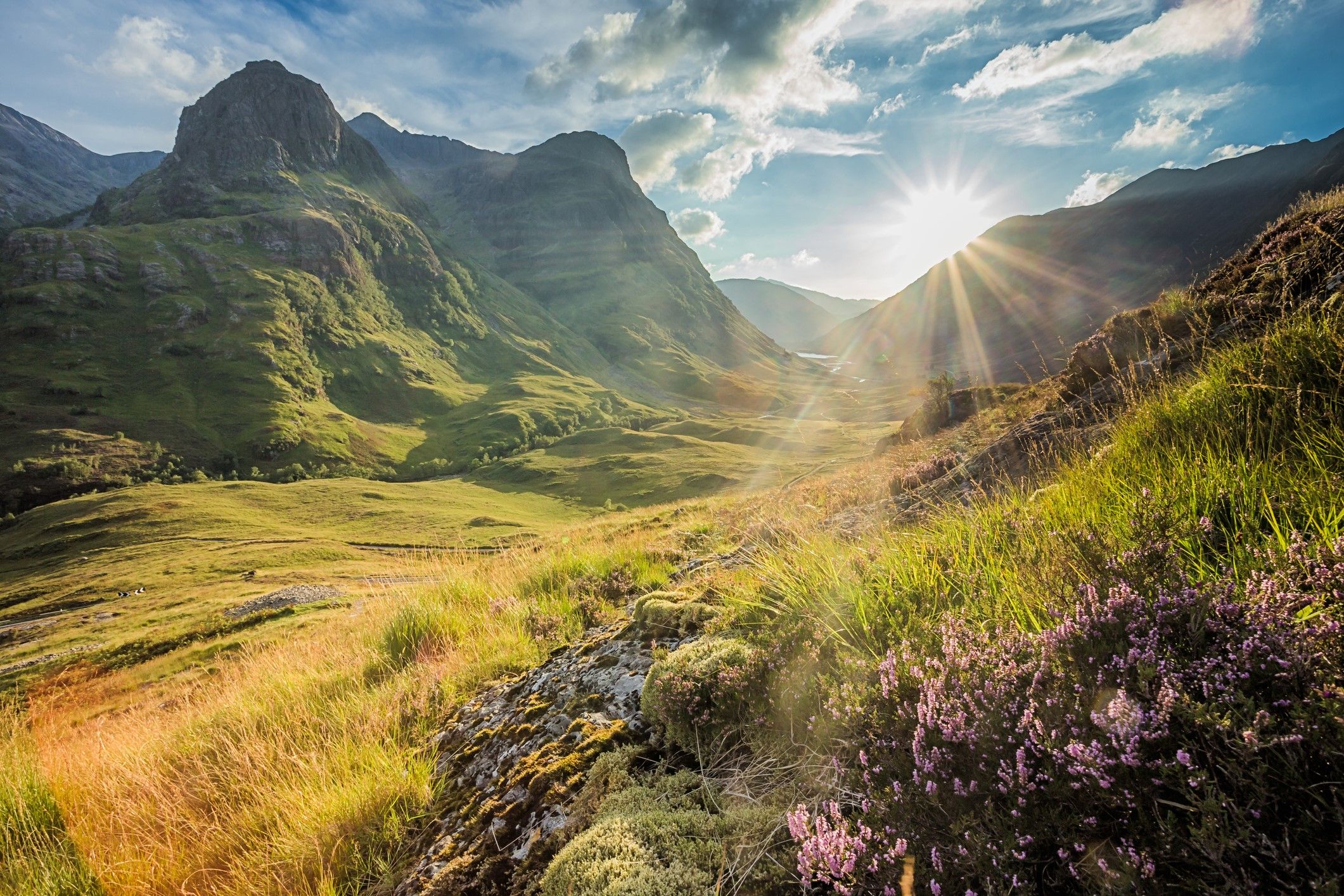Forests: The Globe’s Combatant Conquering Climate Change
Enya McKenna, St Philomena's Sixth Form for Girls
Tuesday 2nd November 2021
The main subject of debate between delegates on the third day of the COP26 conference was ‘actions on forests and land use’ - a matter that has, in the past, caused a great chasm or difference of opinion between developed and emerging or developing countries. However, of the 197 countries present, over 100 nations managed to agree on reversing deforestation and land degradation across 85% of the globe's forests by 2030. This plan will be put into action with the gifting of £14 billion, donated by a collection of 5 countries (including the UK) over the course of 4 years (2021-2025) that will contribute to the restoration of forest land. When evaluating this statistic, one may argue that much more is needed to be done to reverse the huge desertification of land that we have caused, especially given that £8.75 billion of this financial injection is expected to come from the taxpayer’s pocket. Furthermore, much inference is to be made to say whether our elected leaders are willing to make enough sacrifices to truly save the ‘lungs of our planet’ and their indigenous residents that ‘survive’ from their bountiful resources.
In other discussions, developing countries such as Columbia have stepped up and leaders like Iván Duque, the president of the Latin American country, has ‘declared’ to end deforestation and all land degradation within the next decade, stating they are ‘proud’ to be a member in the conquering of climate change. Many enraged UK residents may be frustrated as to why the UK has not pledged to spend more of its powerful resources on combating this accumulating issue, but they may be pleased to know that Boris Johnson and the chancellor of the exchequer, Rishi Sunak have ‘promised’ to contribute £1.5 billion to support emerging countries like Indonesia and in the Congo basin by preventing the need for industrial logging, mining, and agriculture.
Many of the British population, including myself, do not realise how much climate change affects us daily. We believe that because we are not in the so-called ‘heart’ of where most of climate change occurs, it does not pose a great threat to the near future of our population. Although we, as a nation, are not losing 1.5 million forest hectares a year like Brazil or are not experiencing $103 billion in property damage and economic losses from the Australia wildfires, we are experiencing drastic changes in our seasonal weather, with more extreme weather conditions, like storm surges and prolonged heat wave escalating each year. This can have great social and economic impacts as more preventable deaths are occurring each year from natural disasters within the UK, such as landslides and flooding, and the government is not entirely at fault here. I think that we need to act now before we meet the point of no return and our choices are irredeemable. In the words of prime minister Boris Jonson, ‘we are one minute away from midnight' meaning that if our government postpones these decisions, I think we are in for a bleak future filled with respiratory issues in young children from the toxic fumes our leaders are responsible for, and an overwhelming amount of land degradation from the mad chase to keep up with a rapidly growing demand in food supplies and farmland. I further believe that if we as a population refuse to, for example, reduce our vehicle emissions significantly, we will not meet the goal of net zero emissions and the global average temperature will rise by well over 2°C (breaking the Paris agreement of no more than 1.5°C). Such a temperature rise would cause irreversible, detrimental effects to our planet, including the death of coral reefs and many aquatic wildlife species, which can have a negative multiplier effect on food chains as well as food resources and importation of goods may decrease. In addition, children, and teenagers my age, are absolutely terrified about the state of our future, and the quality of our lives are held in the balance of our current population. This cannot continue as currently, the youth of our world has met this issue with passion and an abundance of ideas, but our political leaders appear reluctant to make the needed sacrifices for long-term change
However, if one were to look at this debate from an optimistic viewpoint, climate change is now being treated with the seriousness it deserves in recent years as there have been more global gatherings and commitments made to ensure the halting of its progression, and countries are recognising the ‘heavy lifting’ needed to combat the spreading of a new type of virus that poses a great threat to the human population. Because of this many believe that the uncertainty of our future can be cured if action is taken within the next decade. But will this be too late to reverse the damage?
References and resources
https://www.gov.uk/government/news/uk-enshrines-new-target-in-law-to-slash-emissions-by-78-by-2035
https://www.bbc.co.uk/news/world-australia-50951043
https://www.wri.org/insights/we-lost-football-pitch-primary-rainforest-every-6-seconds-2019
